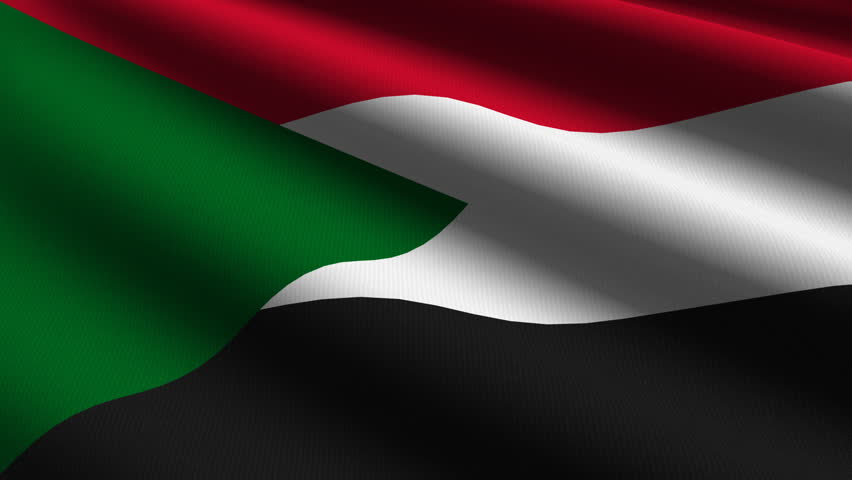Protagonists to Sudan’s multiple conflicts on Saturday signed a landmark peace agreement which is supposed to bring a definitive end to decades of armed instability across the country.
There were cheers of jubilation in the South Sudanese capital Juba where Sudanese government officials and representatives from the country’s disparate rebel movements finally signed up to ending the conflicts in which hundreds of thousands of people had been killed.
President Salva Kiir presided over the signing ceremony.
Representatives from the Sudan Revolutionary Front (SRF), comprising militias from strife-torn western Darfur region and those active in Blue Nile and South Kordofan are bonafide signatories to the deal.
Its guarantors included officials from Egypt, Qatar, Chad, the African Union, European Union and the United Nations.
Sudanese Prime Minister Abdallah Hamdook had led the government delegation to the signing of the agreement which covers power-sharing, reparations, compensation for losses and the rehabilitation of displaced people.
According to terms of the deal, the rebels will have the right to keep their guns for self-protection while guarantees are made in the national constitution to protect them.
The feeling within the corridors of power in Khartoum is one of great triumph for the transitional government where its predecessor under veteran leader Omar al-Bashir had failed multiple times.
The new regime in Khartoum saw a peace deal as a key priority to kick-starting the country’s political and economic recovery held back by decades of instability and international sanctions.
General Abdel Fattah al-Burhan, the man who heads the transitional sovereign council described the landmark peace signing as historic given the chance to silence the guns of conflict in Sudan forever and give genuine cause for optimism about the country’s future.
“We are very committed to the implementation of all the protocols agreed upon” al-Buhari vowed.
The head of the transitional council said with the new agreement, Sudan will be transformed into a “state of justice, citizenship, freedom and democracy.”
However both al-Burhan and Prime Minister Abdalla Hamdok have words of encouragement for the two rebel movements refusing to jump on the “bandwagon of peace”.
These groups include a faction of the Sudan Liberation Movement (SLM) under Abdelwahid Nour, which was blamed by the Sudanese military for a rebel incursion in the region as recent as last Monday.
The other is the Sudan People’s Liberation Movement-North (SPLM-N) South Kordofan faction headed by Abdelaziz al-Hilu who had nonetheless signed a separate ceasefire agreement.
Addressing them directly, Hamdok said: “We are waiting for you to achieve a comprehensive peace in Sudan”.
The United Nations and European Union have also joined efforts to persuade the holdout groups to abandon their supposed intransigence and embrace the peace process.
UN scribe Antonio Guterres in a pre-recorded speech hailed the agreement as a milestone.
He said now that the deal has been struck, what is left is for it to be translated into tangible improvements in the lives of ordinary Sudanese.
WN/as/APA


